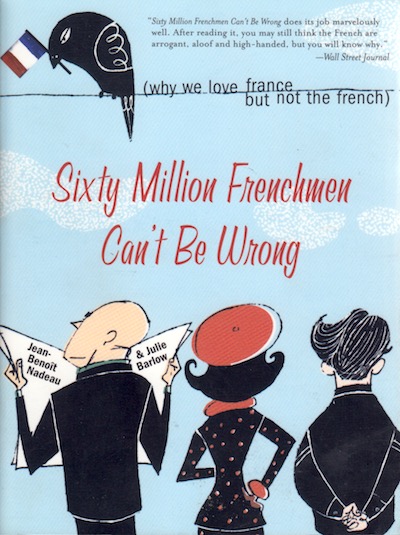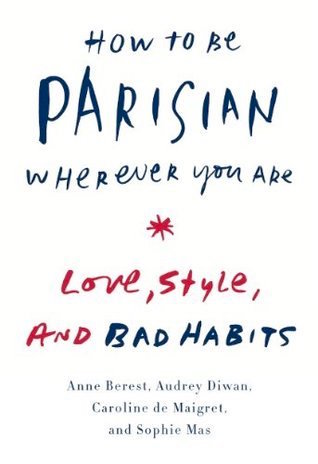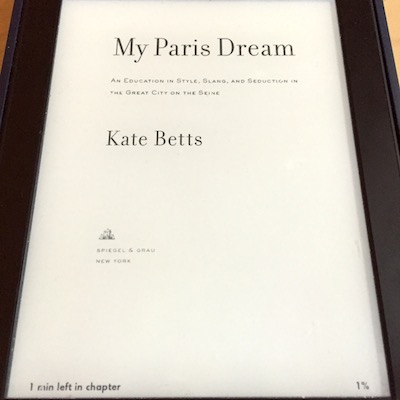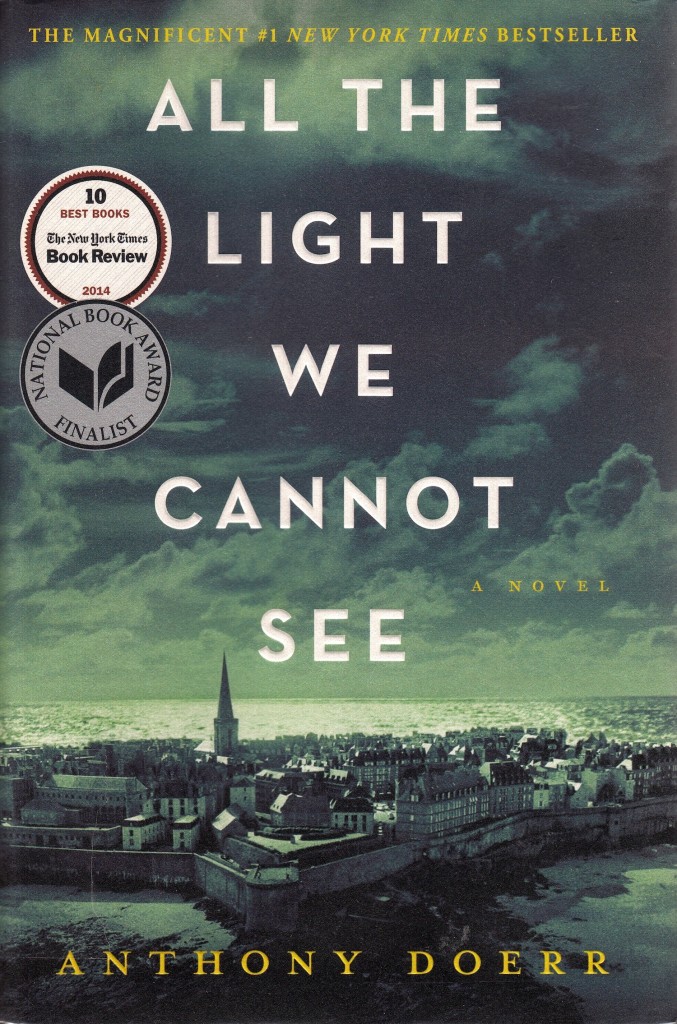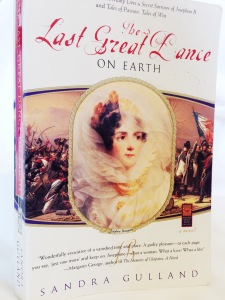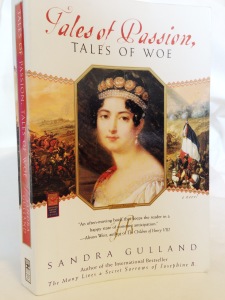
My Life in France is Julia Child’s memoir and it made me endlessly hungry.
It really is her memoir of her time in France and of how she came to write Mastering the Art of French Cooking, volumes 1 & 2. It is full of her passion for food, a thing she came to late in life. As a result, she worked all the harder at it, creating what was one of the classic cookbooks. It took more than a decade to complete!
Her passion and total dedication to her subject – food – is as interesting as the Beastie Boys’ passion and dedication to music. The fervor comes through the writing, the way she would recreate recipes over and over to make sure they worked, her dedication to writing everything clearly, the way the recipes were tested by others before they were ever published.
I wanted a good fish meunière by the time I was done. Recommended.
